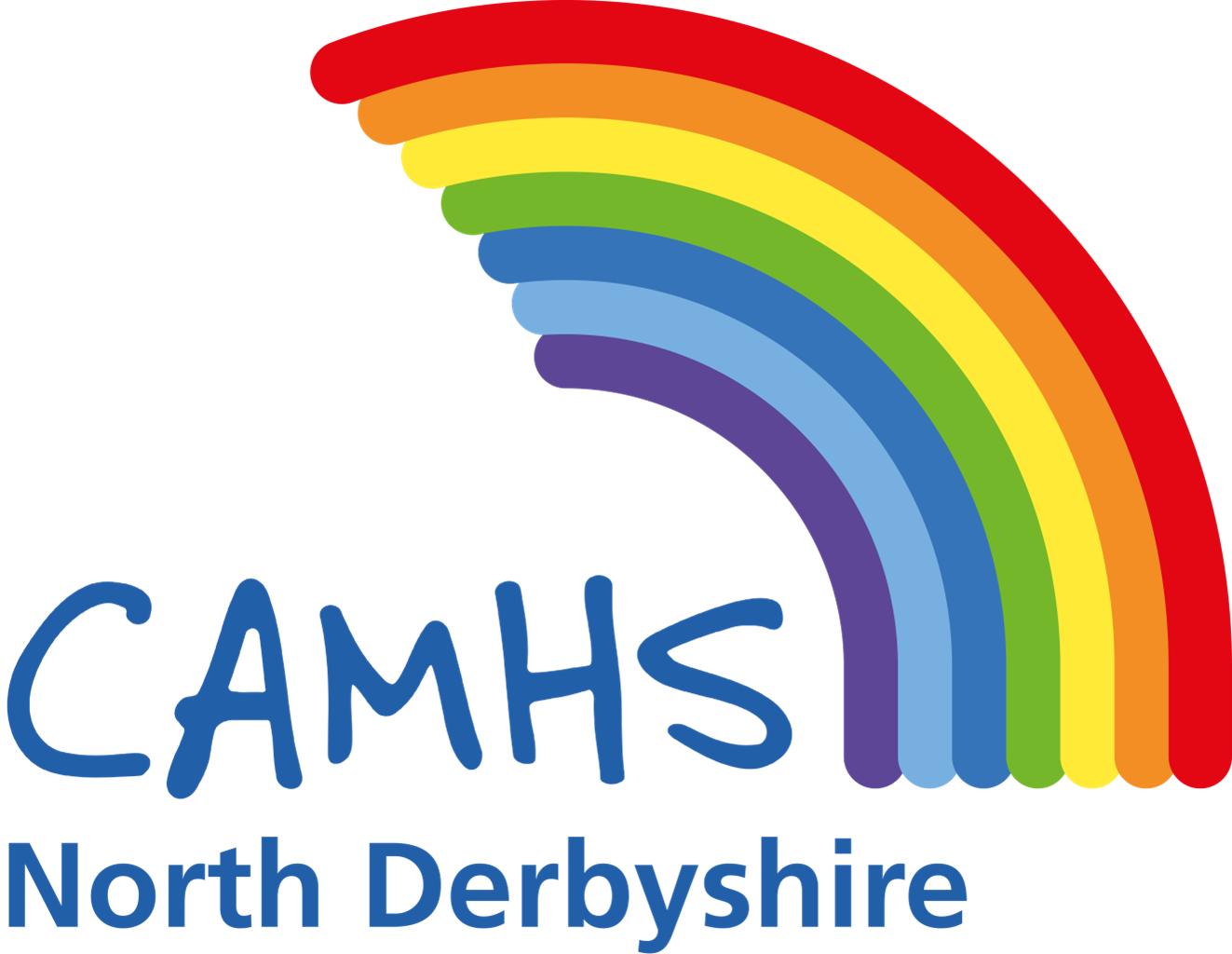- Young people with ASD can struggle at times to be around other people and communicating in an effective way. They can worry about being rejected, about other people not understanding them, and unintentionally upsetting others by the things they say.
- They can find it difficult to make sense of what other people are saying to them, especially if they tend to interpret information in a more literal way.
- All of these things can cause heightened anxiety which can further negatively impact on their ability to communicate with others.
- When communicating with your young person – make sure you use clear, unambiguous language. Give them enough time to process what you are saying. Keep instructions short and broken down into steps to increase the chance that they will be able to follow them.
- If you know a particular situation might be anxiety provoking for your young person, you can help them plan out in advance what they might say. Sometimes having a ‘script’ to follow can help them feel more relaxed.
- Use of ‘social stories’ and cartoons can help young people learn to know what to expect in a given situation, and how others might want them to respond. Please see the following link by the National Autistic Society for more information on how to use Social Stories to help support your young person’s communication.
- Young people with ASD often have particular areas of interest or things that they like doing/learning about. If they are able to join a social group that is focused on their area of interest, this can provide them with a way to interact with people that is less anxiety-provoking than other situations. Talking about a familiar topic can be much easier than worrying about having to make ‘small talk’.


